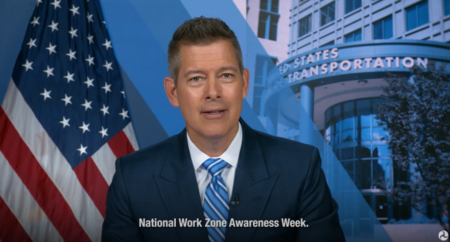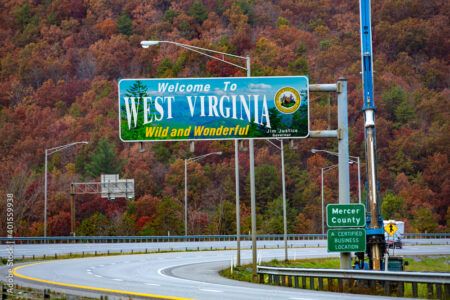Funded by the World Bank, the UK’s Transport Research Laboratory (TRL) is leading a research consortium that includes partners from the University of Birmingham and the University of Sarajevo to assist the road authority in Bosnia and Herzegovina to incorporate climate resilience into its road management activities.
The consortium will work with the Public Company Roads of the Federation of Bosnia and Herzegovina (PC Roads FBH), which is responsible for the management and maintenance of the main road network in FBH, to develop a method to assess the vulnerability of the road network to different natural hazards, and develop an understanding of how climate change may affect the country’s infrastructure. The project, which began in November, is expected take eight months. The consortium will carry out a systematic review of the data available for vulnerability assessments to develop a suitable geographic information system (GIS) platform structure for viewing hazard data, evaluate current disaster management procedures, and identify future actions to improve resilience. An integral part of the project will be building the local capacity to carry out climate resilience work and continuing to mitigate its impact.
According to a recent report from the European Commission on the impact of climate change on transport, weather stresses currently represent 30-50% of road maintenance costs in Europe – between EUR8-13bn (US$9.4-15.3bn) every year. With climate change impacts a growing issue, especially for less economically developed countries (LEDC), TRL is assisting several infrastructure owners to address these challenges. The project in Bosnia adds to TRL’s growing portfolio of work on climate change, including the CEDR-funded (Conference of European Directors of Roads) DeTECToR (Decision-support Tools for Embedding Climate Change Thinking on Roads) project, projects on landslides and climate change, and the study of future coastal flooding risks to Scotland’s trunk roads.
“Securing this project adds to growing portfolio of climate resilience work, both in the UK and internationally. Climate change poses a significant risk to national economies, in particular for LEDCs,” noted Matt Sercombe, director of infrastructure at TRL. “Bosnia and Herzegovina lost an estimated 15% in GDP following widespread flooding in 2014. It is our hope that, through the work we carry out with PC Roads FBH, we will be able to reduce the impact of similar events, protecting the transport infrastructure and militating against the wider implications climate change can have.”




